About 2016 Blang Just Right Pu'erh Raw Tea Cake 357g
Our 2016 Blang Just Right Pu’er Raw Cake uses sun-dried Shaiqinmao tea leaves (Yunnan big-leaf variety) from the Bulang Mountain area (see Pu’er Tea Product 3 for region information). It is produced by Biming Tea Factory in Menghai County, Yunnan.
The taste of this young Pu’er is strong and powerful with a rough mouthfeel. A mild and pleasant bitterness at the first sip transforms into a lingering, sweet aftertaste within 20-30 seconds. The taste is mellow, fresh and sweet. Tasting the tea carefully, a hint of lotus aroma will emerge. The tea soup is pure and clear, apricot yellow in colour.





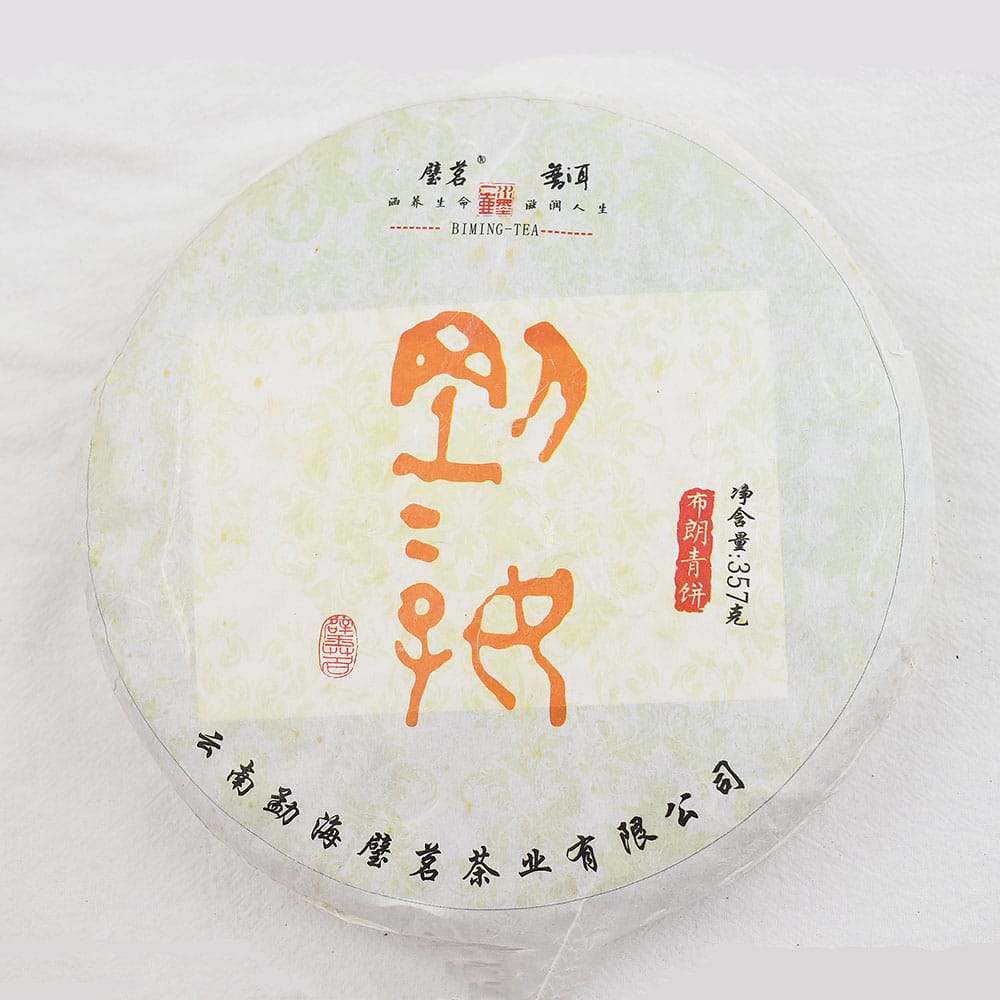
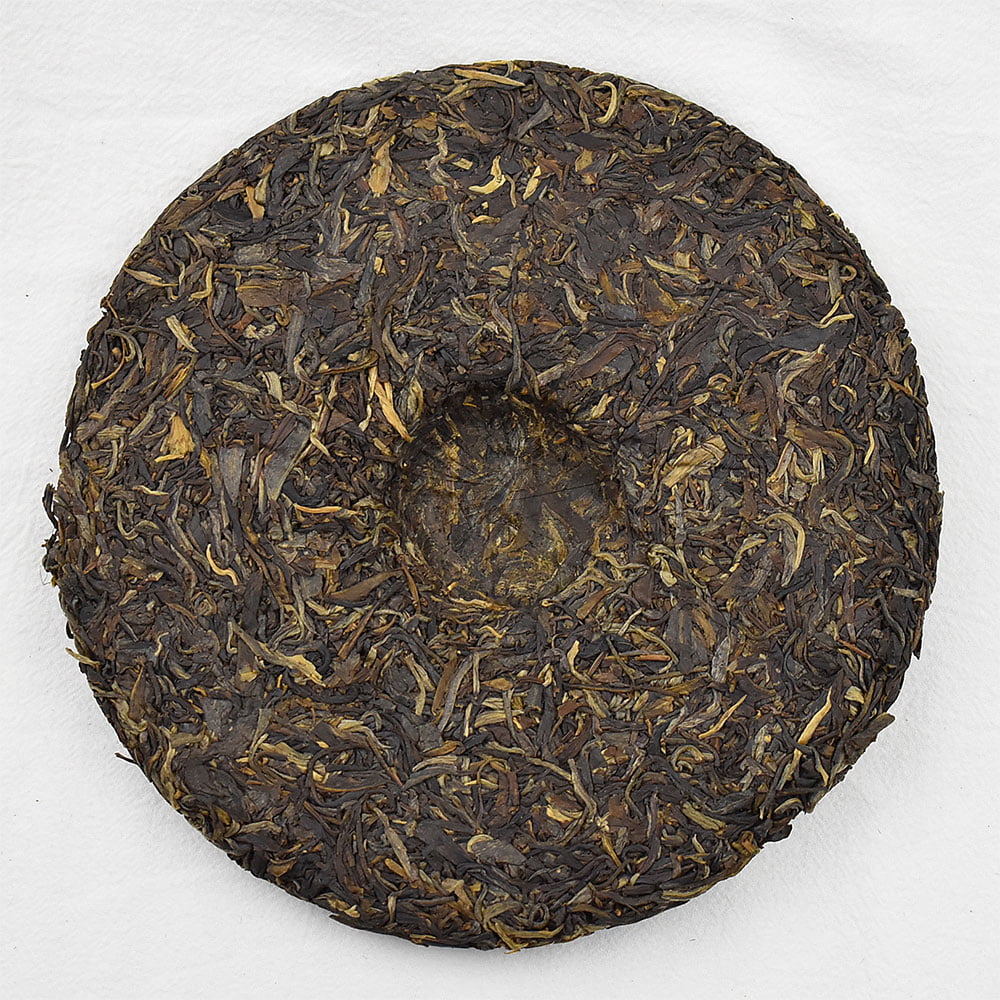







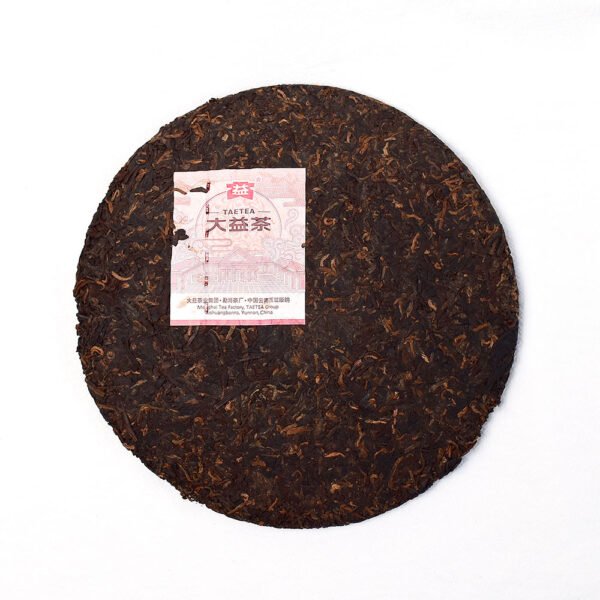

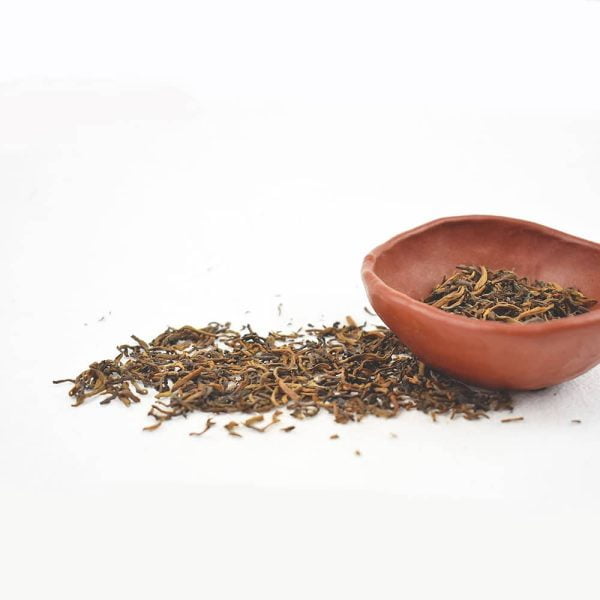
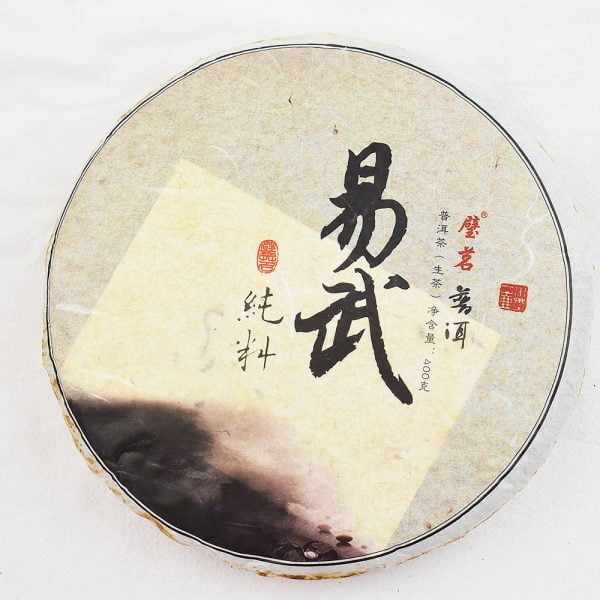
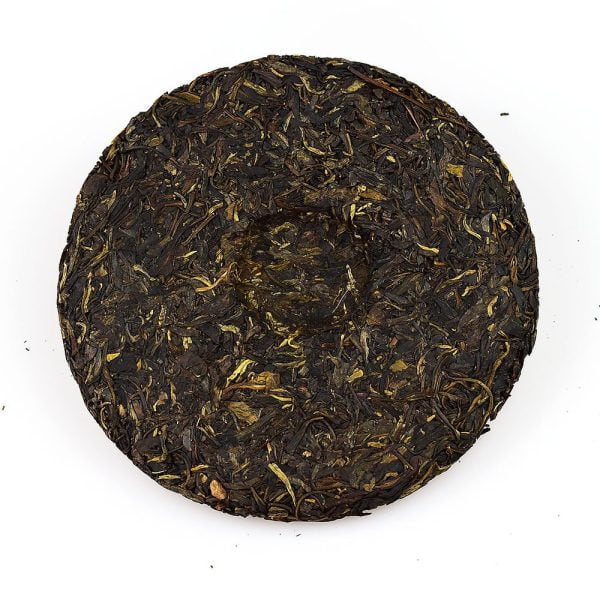
Kaitlyn –
This tea cake offers great value for money and has a lovely taste – slightly bitter followed by a mellow fresh taste. Lovely.
Caitlin –
This is my favourite winter tea – it’s like a holiday in a cup! Bright, cheerful and earthy. Love it.
Jamie –
This tea took me on a journey with its layers of flavour, from bitter to floral sweet. The tea cake offers good value for money.
Jack B. –
Excellent loose leaf tea in a cute cake package. Great complex flavour and very refreshing as well as aromatic.
Brock M. –
A strong, flavoursome tea that is a great example of why I love raw teas. A great, slightly bitter tea that transforms into sweetness. Lovely.
Angelina W. –
If you enjoy Pu-erh tea, this one will satisfy your craving. It tastes like subtle lotus and the soup is bright and cheerful.
James F. –
It is always satisfying to me. I have not tried any other brand, because this tea is always of good quality at a very good price.